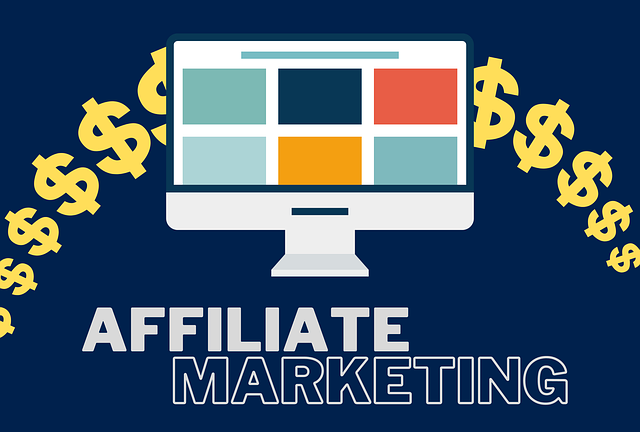In a competitive real estate market, fostering customer loyalty through personalized experiences, expert advice, and responsive communication is key to sustained success. Incentivizing loyal customers with rewards, exclusive listings, partnerships, and loyalty programs deepens their commitment. Measuring program effectiveness using KPIs like engagement, redemption rates, and sales volume, along with qualitative feedback, ensures data-driven adjustments tailored to the target audience's needs.
In today’s competitive real estate market, fostering customer loyalty is key to long-term success. Understanding and rewarding loyal customers can strengthen client relationships and drive repeat business. This article explores effective strategies for incentivizing dedicated clients in the real estate sector, including tailored rewards, exclusive benefits, and innovative programs that go beyond traditional approaches. By implementing these tactics, agents and agencies can elevate their service and create a loyal customer base.
Understanding Customer Loyalty in Real Estate

In the competitive world of real estate, fostering customer loyalty is paramount for long-term success. Understanding what motivates clients to remain committed to a specific agent or brokerage goes beyond traditional marketing strategies. Customer loyalty in this sector isn’t just about closing deals; it’s about building lasting relationships and providing exceptional service. Real estate professionals who nurture these connections often find themselves with a steady stream of repeat business and referrals, which are invaluable assets.
Loyal customers in real estate appreciate personalized experiences, expert guidance, and responsive communication. They seek agents who actively listen to their needs, offer valuable insights into the market, and provide seamless transaction processes. Incentivizing these loyal clients through rewards programs, exclusive listings, or tailored benefits can further strengthen their commitment. By recognizing and rewarding loyalty, real estate businesses create a positive feedback loop that encourages continued support.
Strategies to Reward Loyal Customers Effectively

In the competitive real estate market, fostering customer loyalty is paramount for long-term success. One effective strategy to achieve this is by implementing a rewarding system tailored to loyal customers. Consider offering exclusive discounts on future purchases or partnerships with local businesses to provide additional benefits. Personalized gifts, such as branded merchandise or home accessories, can also leave a lasting impression and strengthen the bond between agent and client.
Additionally, consider creating a loyalty program that tracks customer interactions and rewards them based on their engagement level. This could include points systems where customers earn credits for referrals, reviews, or attending educational workshops, which they can later redeem for valuable incentives. By employing these creative strategies, real estate professionals not only show appreciation for loyal clients but also encourage continued business relationships.
Measuring Success: Tracking Incentive Programs' Impact

Measuring success is a vital step in determining the effectiveness of incentive programs in real estate. Tracking key performance indicators (KPIs) allows businesses to understand the impact and return on investment (ROI) of these initiatives. By analyzing data such as customer engagement, redemption rates, and sales volume before and after the program’s implementation, companies can gauge its success. For instance, a loyalty program might see a significant increase in repeat purchases from targeted customers within a specified period. This data provides valuable insights into what motivates loyal clients and helps refine future strategies to enhance customer retention.
Additionally, qualitative feedback from participants offers another dimension of measurement. Customer surveys or focus groups can reveal the perception of incentives and their influence on overall satisfaction and brand loyalty. This combined quantitative and qualitative approach ensures that any adjustments made to incentive programs are data-driven and tailored to meet the specific needs and preferences of the target audience in the real estate market.






